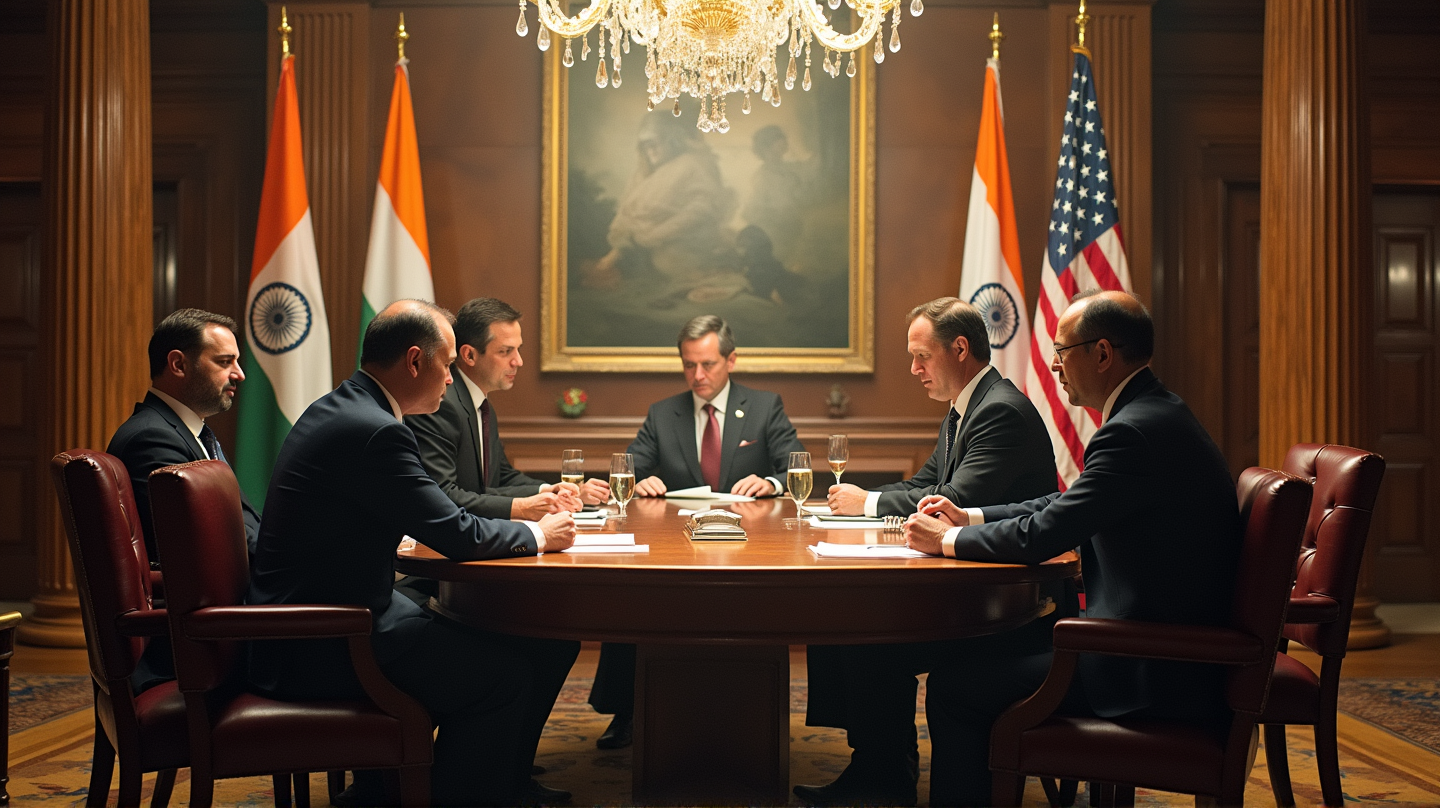In an evolving global market, the stakes are high as India navigates crucial trade negotiations with the United States. Recently, the Global Trade Research Initiative (GTRI) founder, Ajay Srivastava, emphasized the necessity for India to proceed with caution and demand written, jointly-issued agreements, rather than relying on social media announcements.
Lessons from International Incidents
Cases involving Indonesia and Vietnam have showcased the pitfalls of premature announcements. According to Srivastava, a hastily declared “done deal” via tweets or media statements can misconstrue the dynamics of the negotiations, leading to disparities between what is announced and actual terms. In Indonesia, for instance, President Trump proclaimed a deal granting US market access at zero tariffs, while placing a hefty 19% duty on Indonesian goods. Should a similar scenario ensue with India, vital sectors like agriculture and dairy could face overwhelming competition without equivalent gains.
Reciprocity and Transparency: India’s Negotiation Pillars
GTRI’s note underscores the perils of hastening toward a bad deal, advocating instead for a negotiation stance centered on transparency and reciprocal benefits. “A bad deal can do more harm than no deal at all,” Srivastava warns, noting the necessity for India to resist external pressures and ensure their long-term trade interests aren’t compromised. Trump’s history of shifting goalposts adds another layer of unpredictability to long-term commitments.
External Pressures: Energy Ties at Stake
In parallel, with energy ties to Russia under scrutiny, India faces multifaceted geopolitical challenges. President Trump has floated the idea of imposing 100% tariffs on nations purchasing Russian oil, exerting additional pressure alongside warnings from NATO about potential secondary sanctions. Srivastava has described this as a form of “neo-colonial arrogance,” underscoring the importance of India’s autonomy in its energy policies.
Navigating Diplomatic Waters
As the wind of change stirs in International trade waters, trade negotiations must be meticulous, focusing on safeguarding India’s interests. The pursuit of oil partnerships that stabilize domestic fuel prices is critical, maintaining leverage against external demands.
In Conclusion: A Cautious Path Forward
The message from Srivastava and GTRI is clear: In a world where social media announcements can alter perceptions, India must root its agreements in ironclad documentation. As stated in NDTV Profit, staying the course ensures sovereignty and security in an ever-evolving diplomatic landscape.
